You arrive at the barn to find that your horse is seriously sick or injured. You know you have to call the vet, but what else should you do? Here are six tips to help you handle an equine health emergency.
Withhold Food and Water
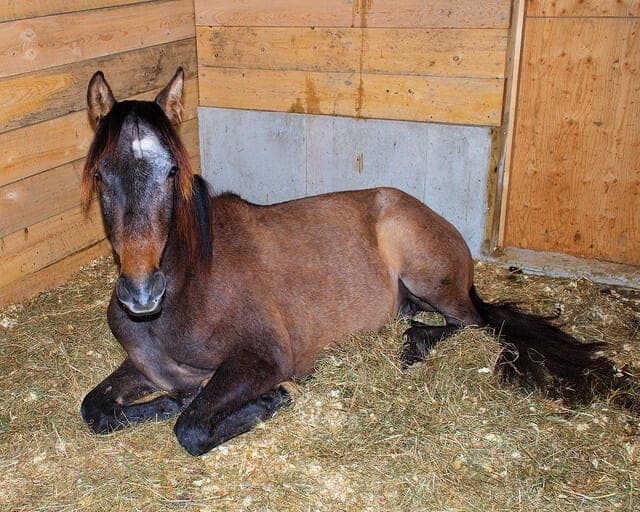
As a general rule of thumb, you shouldn’t let a sick or injured horse eat or drink. This is particularly important in cases of colic or choke. Unless your vet instructs you otherwise, remove food and water from your horse until the vet can assess him and provide you with a plan.
Take Vitals
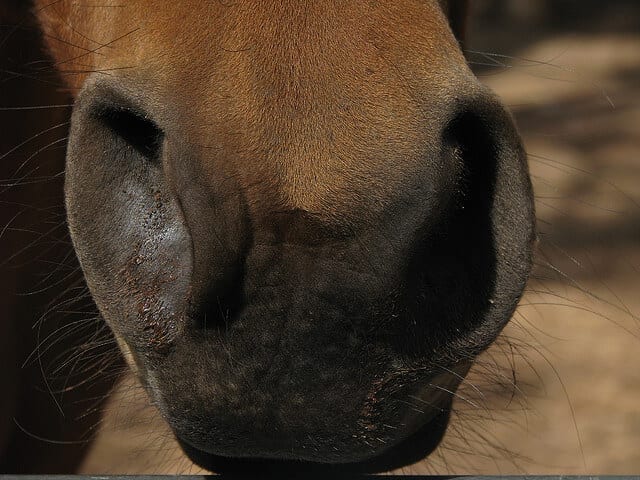
Taking your horse’s vital signs can often give you insight into how serious an emergency you’re dealing with. Check your horse’s respiration and heart rates, then take his temperature. It’s also a good idea to check his capillary refill time. If any of these vital signs are abnormal, they can indicate that your horse’s body is stressed and needs immediate attention. Your vet may also ask for these vital signs when you call.
Call Your Vet Early
If you suspect that you may need a vet to treat your horse, then call the vet’s office immediately. Your vet may be dealing with another emergency, or might be preparing to head out on another call. The more notice that you can give your vet, the better the chance that he or she will be available when you need them.
Stabilize Your Horse
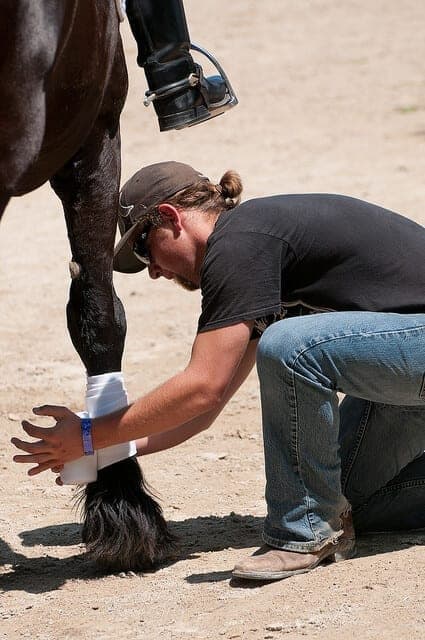
While you’re waiting for the vet to come, do the best that you can to stabilize your horse. You should avoid moving your horse unless it’s necessary, and should provide your horse with a blanket or a cooler if he needs one. Try to keep your horse calm and still while you wait.
Get Help
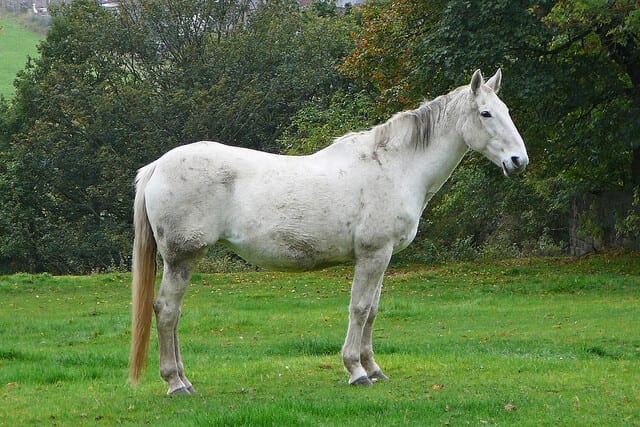
If the situation is bad and you need additional help, then call for help right away. Calling your barn manager, trainer, or local horse friends is a good way to get extra people present at the barn who can help you and your horse.
If you’re trying to help your horse but the situation is dangerous for you, then it’s important that you remember to keep yourself safe. If you’re hurt, you can’t do much of anything to help your horse. So, while you’ll want to do what you can for your horse in a health emergency, only help your horse if you can do so in a safe manner.
Horse Courses by Elaine Heney
- Listening to the Horse - The Documentary by Elaine Heney & Grey Pony Films
- Shoulder In & Out Training for better balance, bend & topline development with your horse
- Over 110+ Polework Exercises & Challenges to Download
- Dancing at Liberty & Creating Connection with Your Horse (11 lessons) - Grey Pony Films
Don’t Panic
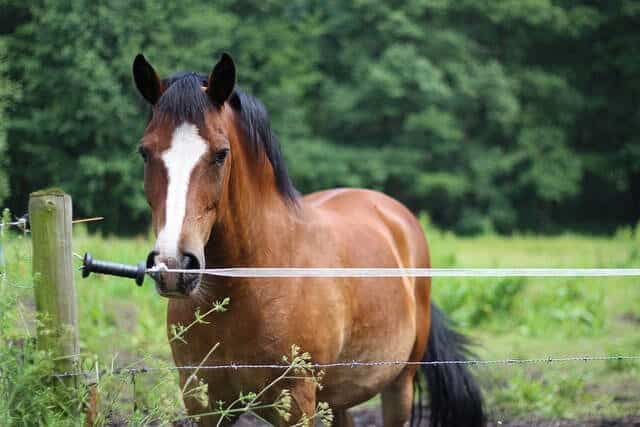
It’s hard to stay calm in an equine health emergency, but that’s exactly what your horse needs you to do. Horses quickly pick up on human emotions, so try to stay calm for your horse’s sake. Take deep breaths and step away from the situation for a bit so that you can return calmer and ready to help your horse.

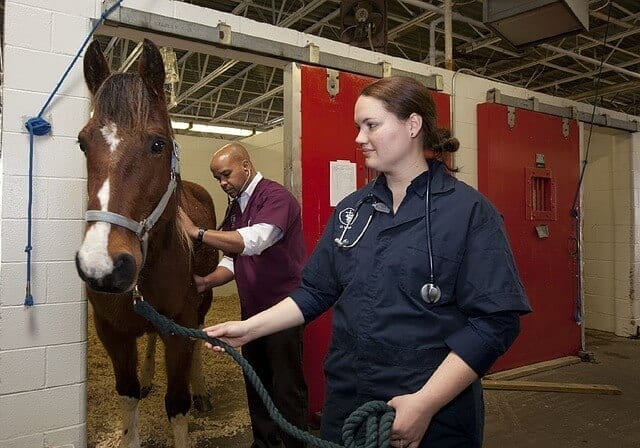
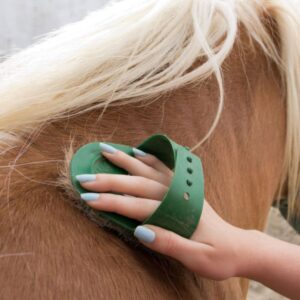

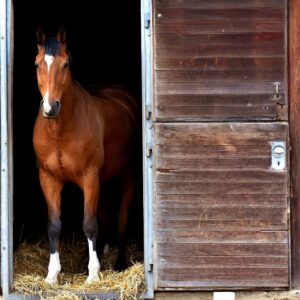
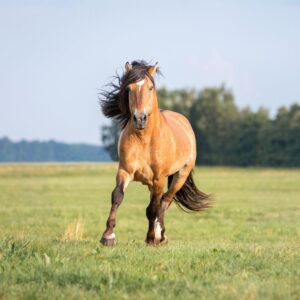
Leave a Reply